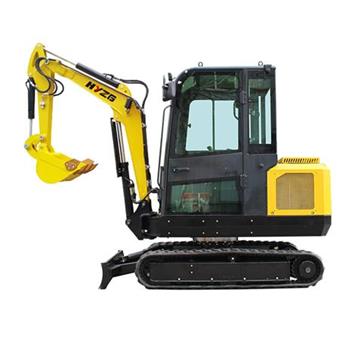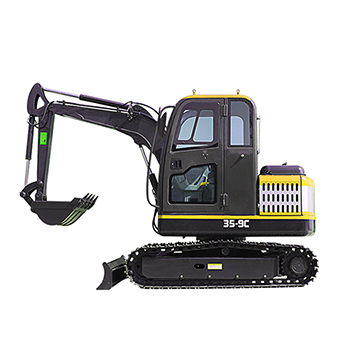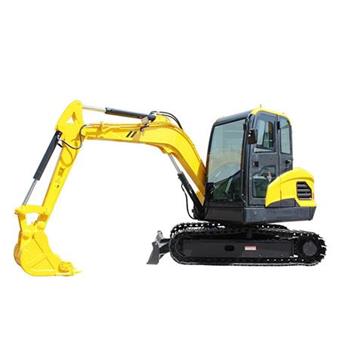
News
Hydraulic excavators are powerful machines designed to handle heavy-duty tasks, including digging, lifting, and moving materials efficiently. Maintaining your hydraulic excavator is essential to ensure optimal performance, prevent breakdowns, and prolong its service life.

Regular maintenance keeps your excavator operating efficiently, reduces downtime, and minimizes repair costs. Proper upkeep ensures:
Safety: Prevent accidents caused by faulty equipment.
Efficiency: Maintain peak performance for maximum productivity.
Longevity: Extend the life of the machine by reducing wear and tear.
Cost Savings: Avoid expensive repairs and replacements.
Inspect the Machine:
Check for visible damage, leaks, or cracks in hydraulic lines and cylinders.
Ensure all bolts and nuts are tight.
Monitor Fluid Levels:
Check engine oil, coolant, and hydraulic fluid levels.
Top up fluids as needed with recommended types.
Grease Moving Parts:
Lubricate joints, pins, and bushings to prevent friction.
Clean Air Filters:
Inspect and clean the air filters to ensure optimal engine performance.
Check Tracks or Tires:
Look for signs of wear or damage.
Adjust track tension if required.
Inspect the Hydraulic System:
Look for leaks and damage in the hoses and connectors.
Ensure the hydraulic oil is clean and free from contaminants.
Examine the Undercarriage:
Check for wear, debris, and alignment issues.
Clean the undercarriage thoroughly.
Test the Electrical System:
Check all lights, indicators, and electrical connections.
Inspect Attachments:
Ensure buckets, breakers, and other attachments are in good condition.
Change Hydraulic Oil and Filters:
Replace oil and filters as per the manufacturer's recommendations.
Inspect the Cooling System:
Clean radiators and cooling fans.
Check hoses for leaks or cracks.
Test Engine Performance:
Run diagnostic tests to ensure optimal engine operation.
Replace Wear Parts:
Monitor wear items like teeth, cutting edges, and bushings.
Slow Hydraulic Response:
Check hydraulic fluid levels and the filter.
Inspect hoses for clogs or leaks.
Engine Overheating:
Ensure sufficient coolant and clean radiators.
Replace the thermostat if necessary.
Unusual Noises:
Inspect for loose bolts, damaged components, or insufficient lubrication.
You should change hydraulic oil every 1,000 to 2,000 operating hours, depending on manufacturer guidelines.
It is best to use manufacturer-recommended oils to ensure compatibility and optimal performance.
Loose tracks can slip or derail. Regularly check track tension as specified in the operator’s manual.
Use compressed air or water to remove debris from the radiator fins. Avoid high-pressure jets that could damage the fins.
Regular maintenance is crucial for keeping your hydraulic excavator in peak condition. By adhering to daily, weekly, and periodic maintenance schedules, you can ensure the safety, efficiency, and longevity of your equipment. With proactive care, you minimize downtime and costly repairs, maximizing productivity.



